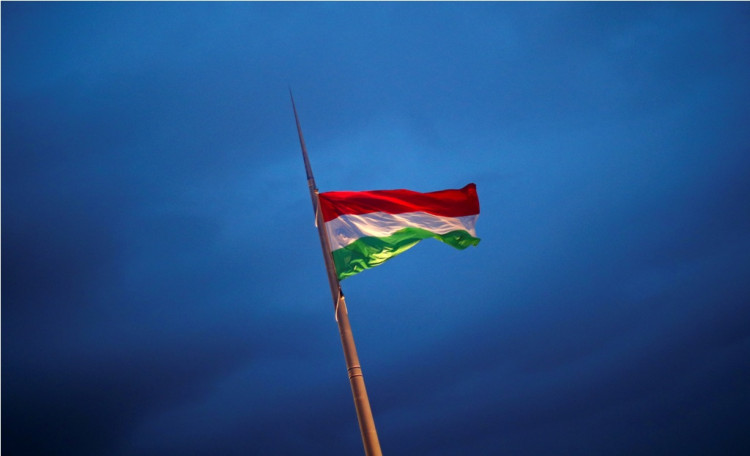The Hungarian Central Statistical Office (KSH) saw significant increases in total internet subscriptions since 2011. Last year, the figures rose by 5.4 percent, indicating overall growth in the country's internet industry.
Concentration in Hungary's internet service provider market continues to grow, Hungary Today reported. 10 domestic companies accounted for over 96 percent of the increase in internet subscriptions, indicating that demand for local service is high.
The report revealed that 20 percent of the subscriptions were made by corporate entities while the remaining 80 percent was made by private customers who are transitioning to digital activities such as e-commerce and online payments. While most of the subscriptions were under mobile internet services, most of the data traffic recorded by the agency fell under the wired connections category.
In total, wired internet download traffic was at 2,617 PB (petabytes), while uploads stood at 937 PB of data. These figures account for an increase of 26.4 percent in total download traffic year on year. The developments are equal to 249 billion forints (€796 million) in net revenue for internet providing companies in 2018.
Analysts suggested that the hike in internet subscriptions could mean the Hungarian internet connection market is growing as more consumers shift to digital services. Local companies have also started catering to the different needs of consumers, propelling growth in the local market.
Earlier this month, the country's second-largest mobile phone operator, Telenor Hungary, unveiled new data plans for mobile users. Telecom Paper reported that the company has started offering data options of up to 150 GB (gigabytes). Other plans include 30 GB and 60 GB of data allowance as part of the industry's plan to explore offers that consumers need.
Competition in the European country is getting tougher but internet service providers (ISPs) are seeing increased revenue annually. As more Hungarians patronize virtual activities and digital services, it is expected that the numbers will soar further in the coming years.
Another leading Hungarian provider, Magyar Telekom, released a home network management system last week that consumers can add to their existing home internet service. Aside from WiFi coverage, the system also allows for IPTV use without the need to install wired cables.
Economic-wise, Hungary is doing just fine as innovation continues to be a goal in various industries. The Organization of Economic Cooperation and Development (OECD) released positive forecasts for the European country earlier this month. However, the organization also warned of potential challenges involving the global economic slowdown.





